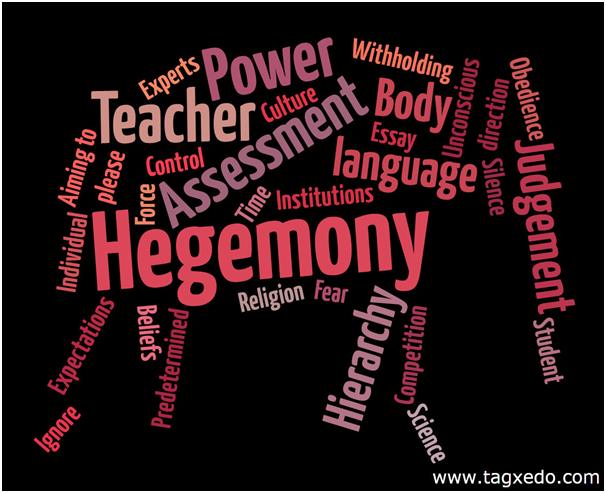What it means to be a connected educator - fantastic - blogging is something that I haven't quite gotten my teeth into yet, so a perfect supported opportunity to get stuck in, as my 'thing' for Connected Educator Month - get involved too at http://blogsync.edutronic.net/
Being a connected educator is what has kept me in education, it's been the key, and becomes increasingly important as I get better at it and increasingly engaged. I started teaching in a small, rural, geographically isolated school in 2008 after teaching in South and Central Auckland for nine years, and I was pretty shocked at the very poor access to professional learning opportunities. I was actually forced to rethink how to access professional learning to stay inspired and motivated, and to be blunt, I was on my 'last gasp' - I urgently had to reconnect. My teaching circumstances forced my hand.
My first step was to get more active in the Arts Online Visual Arts Community (I'm a visual arts teacher, amongst other roles), and I also participated in a pilot 'moderation best practice' workshop series run via video conference for teachers who were working in isolated settings, for whom it was quite difficult to get to a regional centre to participate face-to-face.
As an aside - the last time I tried to drive from Hokitika to Christchurch for a best practice workshop, my truck overheated at the top of Otira Gorge, in the dark and cold, with no mobile phone reception - I still feel lucky to have been rescued by some very kind folk after waving my iPhone torch app around to catch attention of people driving past, This story also involved lost pounamu that found its way back...
How pivotal the video conference series was, an absolute professional-life saver. The connectedness and gratitude I felt was huge (aside from professional growth). Merryn @Pejokame (the Arts Online team leader), Sam @samcunnane (then Visual Arts Community Facilitator), and Geoff (than and now National Moderator) committed to making this happen. As synchronicity (or just out-right weirdness) would have it, I took over the role of the Arts Online Visual Arts community facilitator @artsonline1 this year from Sam, and have been e-mentored for the last 3 years by Merryn as part of the VPLD programme - so I quickly moved from disconnection, to connection with others, to being supported to grow and connect in a way that defies geography and time, to supporting the connectedness of other educators.
I began teaching art history via video conference in 2011, and discovered that being an e-teacher basically sent me back to feeling like a new teacher. By the end of 2011 I was after a new pedagogical approach, and little did I know where my inquiry would lead me - a plunge directly into 21st century education and modern learning practices, and professional learning that seamlessly blended f2f and online learning, consolidating what being a connected educator was about for me. Being part of a Knowledge Building (pedagogy etc) research team starting in 2012 that was spread around the country has been proved to be an incredible (and ongoing) journey (Hi Tamara @Tameey). I wont go into detail in this blog - I'll save that for the last one in this series!).
Twitter has been a focus for me this year, I had an account, but really didn't know what to do with it, until I saw how to use it as a kind of back-channel during conferences, if that's the right way to describe it? During this year, Twitter has been a bit of an obsession, and has become a primary source for me to connect with ideas, thinking and educators around NZ and the world. After my first few #edchatNZ experiences (which involved my mind buzzing with thoughts and reflection and ruining sleep!!) I've made some first steps with setting up #visartschatnz, we've had 2 chats - after getting a firm nudge from visarts teachers, which I hope can grow and be a shared/collaborative experience for those involved. Twitter - professional learning in your own home, curled up and comfy, costs not much, any time.
So, quite an amazing and intensive professional learning journey to look back on, there's a number of elements of connection I haven't mentioned, but I guess to sum up, without the ability to be a 'connected educator', I wouldn't be an educator anymore. I know that for sure. And as I learn the potential for connectedness for myself and learners (both students and other teachers), I still feel very much at the beginning... I can't leave now, I'm too curious about how connectedness in education will play out.


